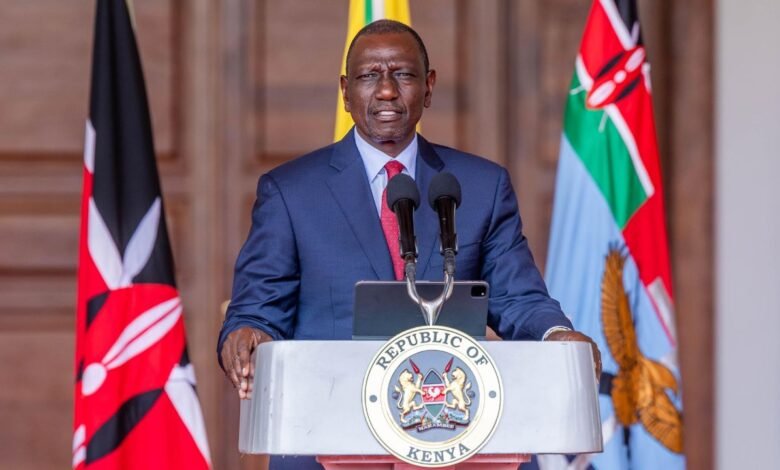
Kenya must urgently address corruption and financial mismanagement that are depleting public resources and stalling economic progress, the African Development Bank (AfDB) warns in a new report.
The country loses up to $1.5 billion annually to corruption and illicit financial flows—money that could significantly improve health care, education, and infrastructure. In addition, public spending inefficiencies cost the economy another 5% of GDP, while tax exemptions and incentives drain about $800 million every year.
“Combined, these losses undermine Kenya’s capacity to finance its own development and reduce reliance on external aid,” the AfDB said.
In 2023, Kenya ranked in the bottom third of Transparency International’s Corruption Perception Index, grouped alongside countries like Sri Lanka, Angola, and Uzbekistan.
Also Read: Poverty, corruption among least problems Nairobi residents are worried about
The report also flagged state capture—where political elites control legislative and enforcement systems—as a major threat to the rule of law and investor confidence.
“Investors fear biased rulings, delays, and lack of transparency, increasing operational risks and deterring investment,” the bank noted. “Ultimately, the rule of law, upheld by robust law enforcement and an independent judiciary, remains the foundation for sustained economic growth, social equity, and public trust in governance.”
The AfDB projects Kenya’s economy will grow by 5.0% in 2025, up from 4.7% in 2024, driven by agriculture and services, before slightly easing to 4.8% in 2026.
However, the lender warns that rising poverty, high unemployment, and inequality are signs that Kenya’s growth remains far from inclusive.






I am now not positive where you are getting your information, but great topic. I needs to spend a while learning more or working out more. Thanks for fantastic info I used to be looking for this info for my mission.
Today, I went to the beach front with my children. I found a sea shell and gave it to my 4 year old daughter and said “You can hear the ocean if you put this to your ear.” She put the shell to her ear and screamed. There was a hermit crab inside and it pinched her ear. She never wants to go back! LoL I know this is entirely off topic but I had to tell someone!
Some really excellent information, Gladiola I detected this.
Helpful info. Fortunate me I found your website accidentally, and I’m surprised why this twist of fate did not came about earlier! I bookmarked it.
Pretty nice post. I just stumbled upon your blog and wished to mention that I have truly loved browsing your blog posts. After all I will be subscribing to your feed and I hope you write again soon!
This actually answered my drawback, thanks!
Hi there! I’m at work browsing your blog from my new iphone 3gs! Just wanted to say I love reading through your blog and look forward to all your posts! Carry on the superb work!
I think this website contains some real fantastic information for everyone : D.